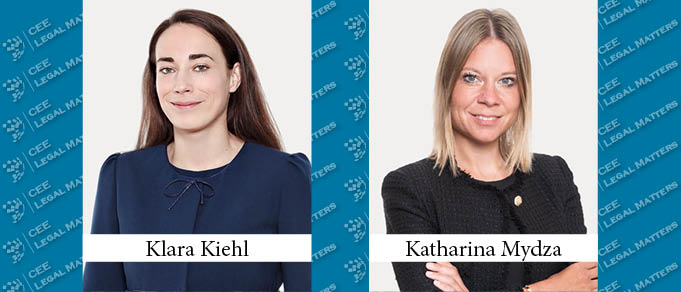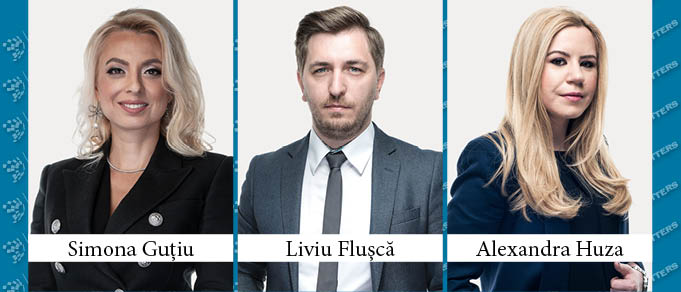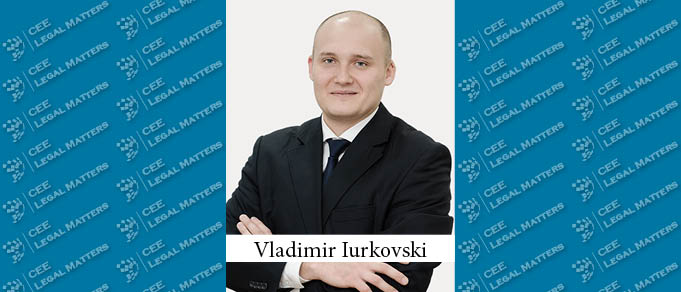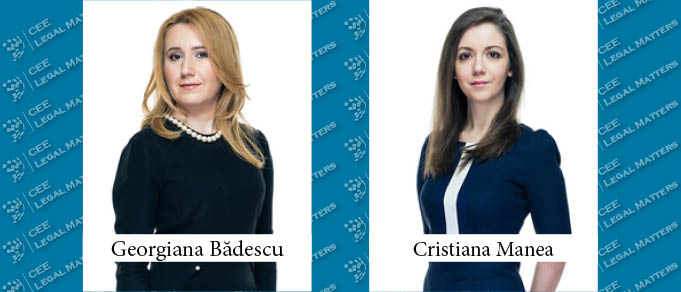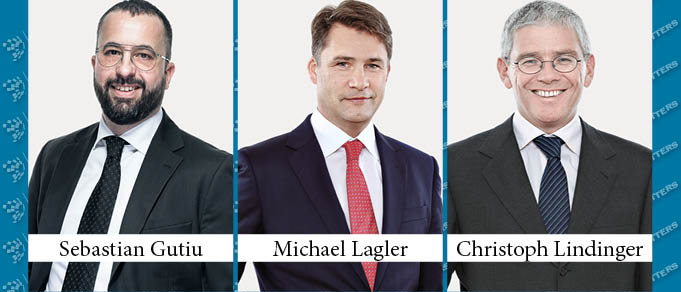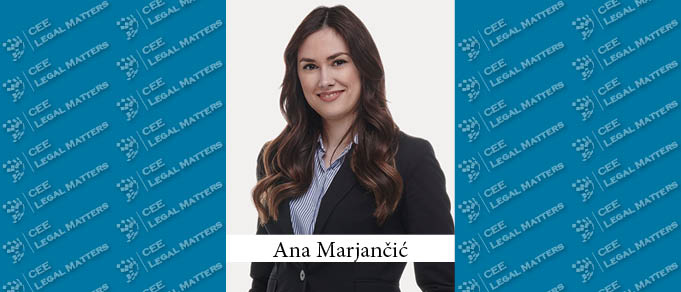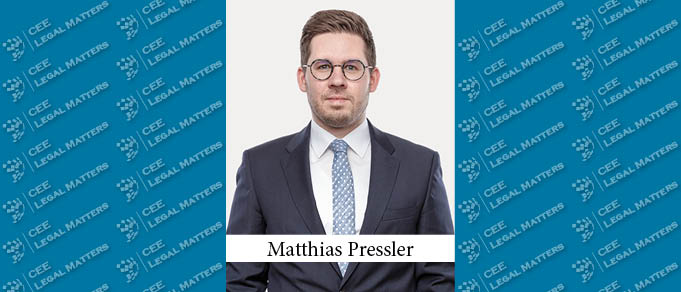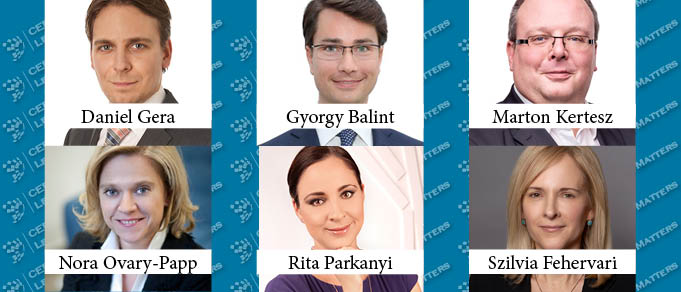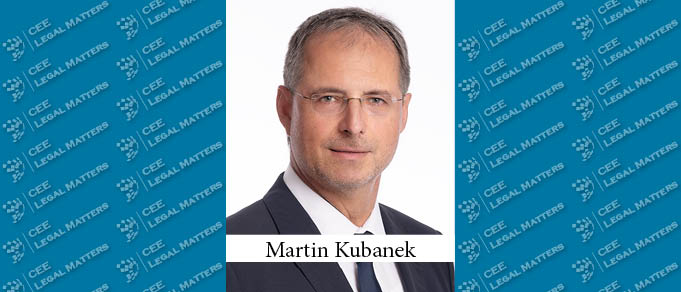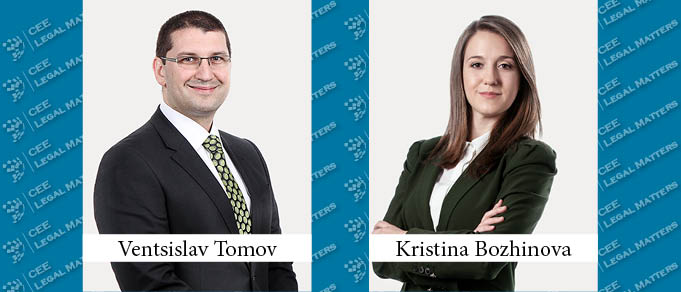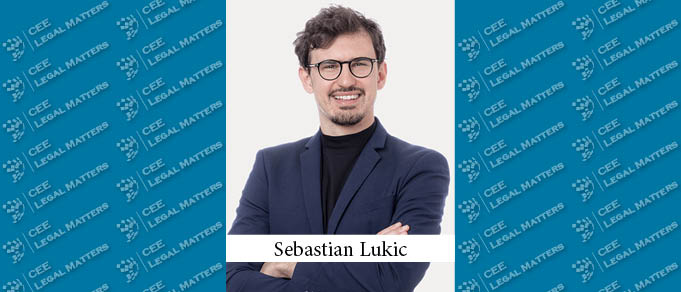In case you are wondering whether you are allowed to send that bottle of wine to your favourite client or donate to a charity, read below.
Romania Introduces Deposit-Return System for Beverages Packaging
As of 1 October 2022, Romanian consumers will have to pay a mandatory deposit of RON 0.50 (approx. ten Euro cents) for each bottled beverage they buy. Part of the recently introduced deposit-return system ("DRS"), this amount will be added to the shelf price of the respective beverage and will be distinctly marked on receipts. This legislative novelty has been introduced by Government Decision No. 1074/2021 on the establishment of a deposit-return system on single-use packaging ("GD 1074/2021").
Building and Environmental Permits for Data Centres – Is Austrian Permitting Law Prepared for Rapid Age of Digitalisation?
The world is undergoing a digital transformation. Whether at work, play or socialising, it is hard to imagine even a day without the Internet. Recent challenges (eg, the covid-19 pandemic) have further accelerated digitalisation. The world is far from the end of this process. Many businesses, and countries, are increasingly focusing on the digital transformation. Recent examples include cloud computing, cryptocurrency or the "metaverse" which was recently announced by Mark Zuckerberg.
Moldova: Control of Investments Legislation Entered into Force
Through its 11 November 2021 law ("Law 174/2021"), the Moldovan Parliament approved the rules on control of investments into sectors important for the security of the state. Law 174/2021 applies equally to local and foreign investors and entered into force on 19 November 2021.
Austria: What to Do When the Prosecutor Comes Knocking
House searches have been all over the news in Austria recently. In case you have been wondering what happens to your phone, laptop and tablet when the prosecutor comes knocking – read below.
Romania: Distribution Agreements to Become Leaner from Antitrust Perspective – Four Key Topics for Suppliers
Distribution agreements, also termed vertical agreements, are currently subject to a block exemption regime (the VBER) from the general antitrust prohibition. The VBER is due to expire on May 31, 2022. In this context, the European Commission has engaged in extensive public consultations and has already published a proposed new regime, the revised VBER and Vertical Guidelines, scheduled to enter into force on June 1, 2022. These are, in our view, the four key topics that suppliers should be aware of when preparing for the revised regime:
A Silver Anniversary: Schoenherr Romania Celebrates 25 Years
This year marks Schoenherr Romania’s 25th anniversary. To mark the occasion, CEE Legal Matters spoke with Schoenherr’s Romanian office Managing Partner Sebastian Gutiu as well as with Michael Lagler, the firm’s Managing Partner, and Partner Christoph Lindinger, who established the Romanian office and was the main driver behind Schoenherr’s expansion into Central and Eastern Europe.
Croatia: New Electronic Media Act Brings Changes to Concentrations in Electronic Media Sector
Croatian Parliament recently adopted the final draft of the new Electronic Media Act (the Act), which entered into force on 22 October 2021.
FMA Permits Automated Biometrical Customer Identification – a Game Changer for the KYC Process?
On 2 November 2021 the Austrian Financial Market Authority (FMA) published its long-awaited amended Online Identification Regulation (Online-Identifikationsverordnung, "Online-IDV"). The FMA herewith enables financial service providers subject to the KYC obligations of the Financial Market Anti-Money Laundering Law (Finanzmarkt-Geldwäschegesetz; "FM-GwG") to use purely biometrical processes for remote identification of new customers. Biometrical identification processes are all procedures for online customer identification where the entire or parts of the online identification are carried out by an automated electronic procedure without the involvement of employees – there is no need for personal contact in the whole remote identification process anymore.
Employment Considerations in a COVID-19 World: A Hungarian Round Table
On October 7, six leading labor lawyers in Hungary sat down for a virtual round table moderated by CEE Legal Matters Managing Editor Radu Cotarcea. The conversation focused on the current state of affairs of labor regulations in Hungary and their evolution over the pandemic-marked last few months.
Real Estate in the Czech Republic
The pandemic has transformed the Czech real estate market. While the residential and logistics real estate markets strengthened, the retail, tourism, and hotel sectors are among the worst affected. However, interest in investing in real estate has not waned as, in uncertain times, the purchase of real estate represents a safe place to park one’s funds and watch them appreciate. There has been no significant decline in property prices, even in the case of commercial real estate, as some investors had anticipated. The Czech market still lacks enough quality investment opportunities. The clear winner of this situation is the logistics segment. Our Prague office assisted in several transactions in the logistics segment, the largest being the purchase of 130 hectares of land intended for warehouse development, at one of the exits of the western D5 motorway. According to some real estate players, we can also expect increased interest in the industrial segment soon, including sale & leaseback transactions.
The Corner Office: How Do You Disconnect?
In “The Corner Office” we ask Managing Partners at law firms across Central and Eastern Europe about their backgrounds, strategies, and responsibilities. With summer having just passed, the question this time: What is your one favorite yearly activity to disconnect?
Austria: Coordinated Network Development Plan 2020
Gas is of particular economic importance for Austria. In addition to production, infrastructure (including the Baumgarten gas hub), transportation, trade, and supply-secure coverage of gas demand play a major role. Yearly demand of roughly 80 to 90 terawatt-hours, constant over the last ten years, is generated by the manufacturing and energy sectors, non-energy consumption, agriculture, private households, power plants as conversion applications, transport, and the service sector. With a share of about 15%, gas also plays an important role in Austria’s electricity generation, primarily by providing flexible capacities that can be utilized at short notice to stabilize the power grid.
Austria: Can you Recover Internal Investigation Costs from an Employee?
According to a recently published ruling, the German Federal Labour Court says you can. Here is how.
Similarity of Single Letter Trademarks (GC T-399/20)
In its judgment on 14 July 2021 in Case T-399/20, the General Court assessed whether there is likelihood of confusion between figurative trademarks that depict two letters from different foreign alphabets.
Limited Network Exemption under PSD2 – EBA Consults on Draft Guidelines
In summer 2021 the European Banking Authority (EBA) published Draft Guidelines on the limited network exemption (LNE) under the Payment Service Directive 2 (PSD2) for consultation. The Draft Guidelines are meant to foster supervisory convergence amongst the EU's national competent regulators (NCAs).
Unlawful Consent is Still Consent: International Law Perspectives on Komstroy vs Moldova
On 2 September 2021, the Court of Justice of the European Union (CJEU) issued the much awaited judgement in the Komstroy vs Moldova case (C-741/19).
Poland: Implementation of AMLD V – New KYC Procedures and Registers
The recent implementation of the AML V Directive to the Polish Act on Counteracting Money Laundering and Terrorist Financing will have a significant impact on business and the approach taken by state bodies to certain transactions. The main changes are as follows:

